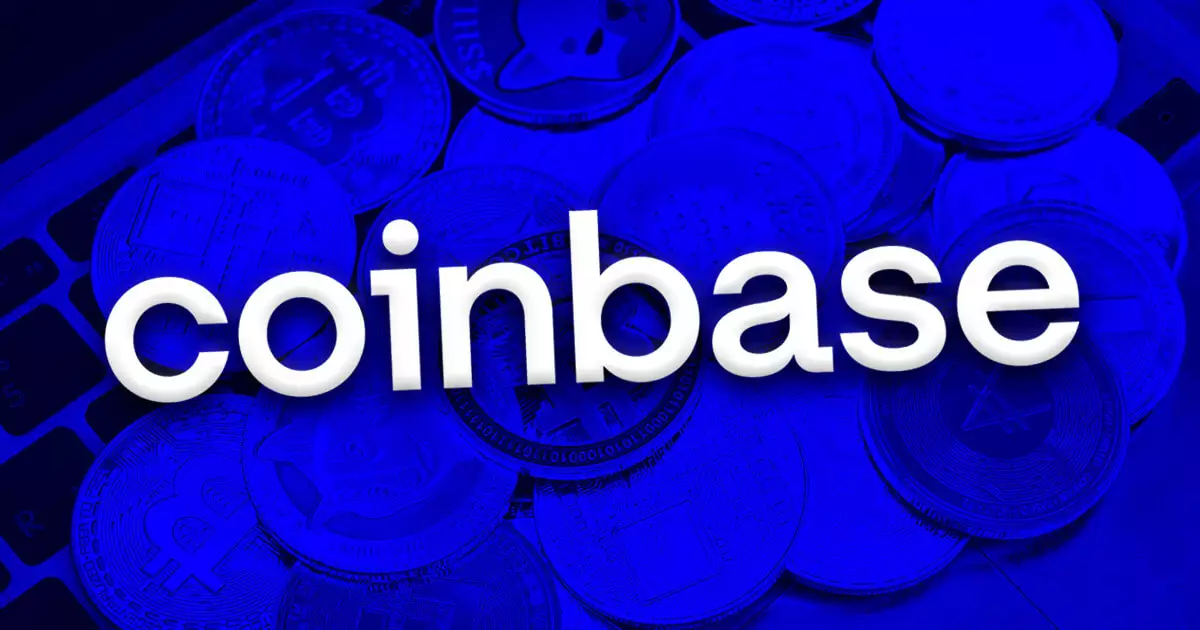The cryptocurrency industry, known for its rapid changes and intricate regulatory landscape, often finds itself embroiled in legal disputes. A recent case has highlighted significant tensions between major players, namely Coinbase and BiT Global, over the delisting of Wrapped Bitcoin (WBTC). This ongoing legal skirmish not only underscores the operational choices of cryptocurrency exchanges but also raises profound questions about market regulations, user trust, and the implications of leadership within the crypto ecosystem.
Background of the Delisting Issue
Coinbase’s decision to delist WBTC has ignited a legal firestorm, primarily stemming from concerns regarding the token’s association with Justin Sun, the founder of TRON. Sun’s controversial reputation, characterized by allegations of fraud and market manipulation, led Coinbase to take a precautionary approach. Paul Grewal, Coinbase’s chief legal officer, has labeled BiT’s legal challenge as “bogus,” asserting that the lawsuit lacks merit and that the request for a temporary restraining order (TRO) is unwarranted.
In their court filings, Coinbase revealed an extensive internal review process that informed the decision to delist WBTC. The platform emphasized the necessity of maintaining integrity and transparency in a highly volatile digital marketplace. BiT’s inability to clarify ownership structures for WBTC reserves raised alarm bells for Coinbase, which holds a fundamental responsibility to its users and stakeholders.
The crux of Coinbase’s argument lies in the perceived lack of transparency from BiT Global concerning WBTC’s reserves. Without clear information on ownership, Coinbase contends that continuing to trade WBTC poses unacceptable risks to their platform and users. By highlighting these concerns, Coinbase is effectively drawing a line in the sand, prioritizing customer confidence and platform integrity over potential financial gains from maintaining a trading relationship with BiT.
The exchange’s decision mirrors previous instances where it delisted assets deemed to present unacceptable risks. This consistency in approach demonstrates Coinbase’s commitment to safeguarding its operations, even in the face of backlash from BiT, which is accused of attempting to coerce the exchange into maintaining business ties that it no longer deems appropriate.
BiT Global’s Response and Legal Claims
On the other side, BiT Global has mounted a vigorous defense of its operations, accusing Coinbase of utilizing the delisting decision to strengthen its own competitive offerings, particularly the cbBTC asset. This claim touches on an essential aspect of business ethics within the cryptocurrency sector: the potential for market manipulation and unfair competition.
BiT argues that Coinbase’s actions will significantly harm WBTC’s reputation, potentially eroding consumer trust and limiting access to essential trading platforms. For BiT, the alleged repercussions extend beyond mere financial loss; they contend that the delisting sends a damaging signal to the wider crypto community regarding the reliability of WBTC as a trading asset.
Despite BiT’s assertions, Coinbase counters that such claims of irreparable harm are overstated. They point out that less than 1% of all WBTC transactions are conducted through its platform and that the circulating supply of WBTC had already been declining prior to the delisting announcement. This suggests that market dynamics may have more to do with investor sentiment towards Sun than with Coinbase’s decision.
The legal battle surrounding WBTC’s delisting extends into larger discussions about the regulatory landscape of the cryptocurrency industry. Sun’s ongoing troubles with regulatory bodies like the Securities and Exchange Commission (SEC) and the potential for criminal investigations only complicate the narrative surrounding cryptocurrencies linked to controversial figures. As scrutiny over digital assets rises, exchanges like Coinbase are under increasing pressure to enforce standards that mitigate risks tied to dubious associations.
As we await the Dec. 18 hearing on BiT’s request for a TRO, the outcome will likely have repercussions far beyond this single incident. The case reflects a critical moment for cryptocurrency exchanges, as they navigate the murky waters of regulation, ownership transparency, and market stability. The resolution may not only determine the fate of WBTC but could set precedents influencing future business practices and regulations in the ever-evolving digital assets landscape.
This legal dispute encapsulates the multifaceted challenges of operating in the cryptocurrency realm, highlighting the necessity for exchanges to balance commercial interests with user protection and ethical practices.


Leave a Reply